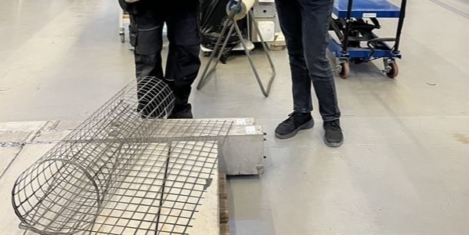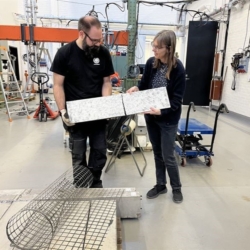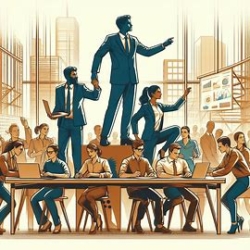To provide the best experiences, we use technologies like cookies to store and/or access device information. Consenting to these technologies will allow us to process data such as browsing behaviour or unique IDs on this site. Not consenting or withdrawing consent, may adversely affect certain features and functions.
The technical storage or access is strictly necessary for the legitimate purpose of enabling the use of a specific service explicitly requested by the subscriber or user, or for the sole purpose of carrying out the transmission of a communication over an electronic communications network.
The technical storage or access is necessary for the legitimate purpose of storing preferences that are not requested by the subscriber or user.
The technical storage or access that is used exclusively for statistical purposes.
The technical storage or access that is used exclusively for anonymous statistical purposes. Without a subpoena, voluntary compliance on the part of your Internet Service Provider, or additional records from a third party, information stored or retrieved for this purpose alone cannot usually be used to identify you.
The technical storage or access is required to create user profiles to send advertising, or to track the user on a website or across several websites for similar marketing purposes.
 Amid a year of elections and leadership battles and following the airing of the 18th series of BBC’s The Apprentice, you may be forgiven for thinking that arrogance or self-promotion is a pathway to success in business. But new research shows that the opposite is actually true. A study, led by academics at the University of Sussex Business School, has challenged the conventional narrative of leadership and advises those seeking to reach the top to stay humble. (more…)
Amid a year of elections and leadership battles and following the airing of the 18th series of BBC’s The Apprentice, you may be forgiven for thinking that arrogance or self-promotion is a pathway to success in business. But new research shows that the opposite is actually true. A study, led by academics at the University of Sussex Business School, has challenged the conventional narrative of leadership and advises those seeking to reach the top to stay humble. (more…)

































March 21, 2024
AI is already transforming the legal sector, but challenges remain
by Sarah Murphy • AI, Comment, Technology